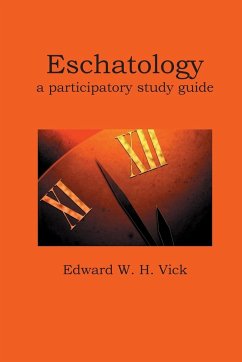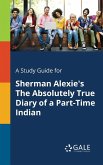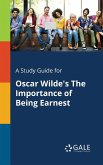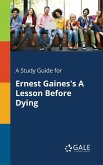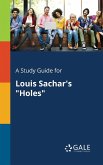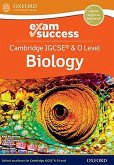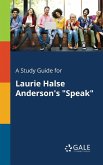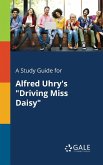Discussion of eschatology, or final events, is often obstructed by the wide range of terminology used and difficulties in simply understanding what one's options are. In this first volume of the Participatory Study Series to deal with a doctrine rather than with a book of the Bible, Dr. Edward W. H. Vick tackles the very difficult subject of eschatology by providing clarity on the terms of the discussion.This is not your usual outline of someone's idea of what will happen at the end of the world. Instead, this study guide will lead readers through a systematic study of how one comes to understand this topic systematically and thoroughly from a biblical and theological perspective. Dr. Vick also interacts with Christian history and with major doctrinal statements of various confessions as well as the quest for the historical Jesus.How is one to understand prophecy and apocalyptic? What does it mean when Jesus says that 'this generation will not pass'? These questions receive a thorough treatment, not to provide you with all the answers, but instead to provide you with the tools to discover how you can find these answers.Church small groups, classes, and individuals can all benefit from following this study.
Hinweis: Dieser Artikel kann nur an eine deutsche Lieferadresse ausgeliefert werden.
Hinweis: Dieser Artikel kann nur an eine deutsche Lieferadresse ausgeliefert werden.

